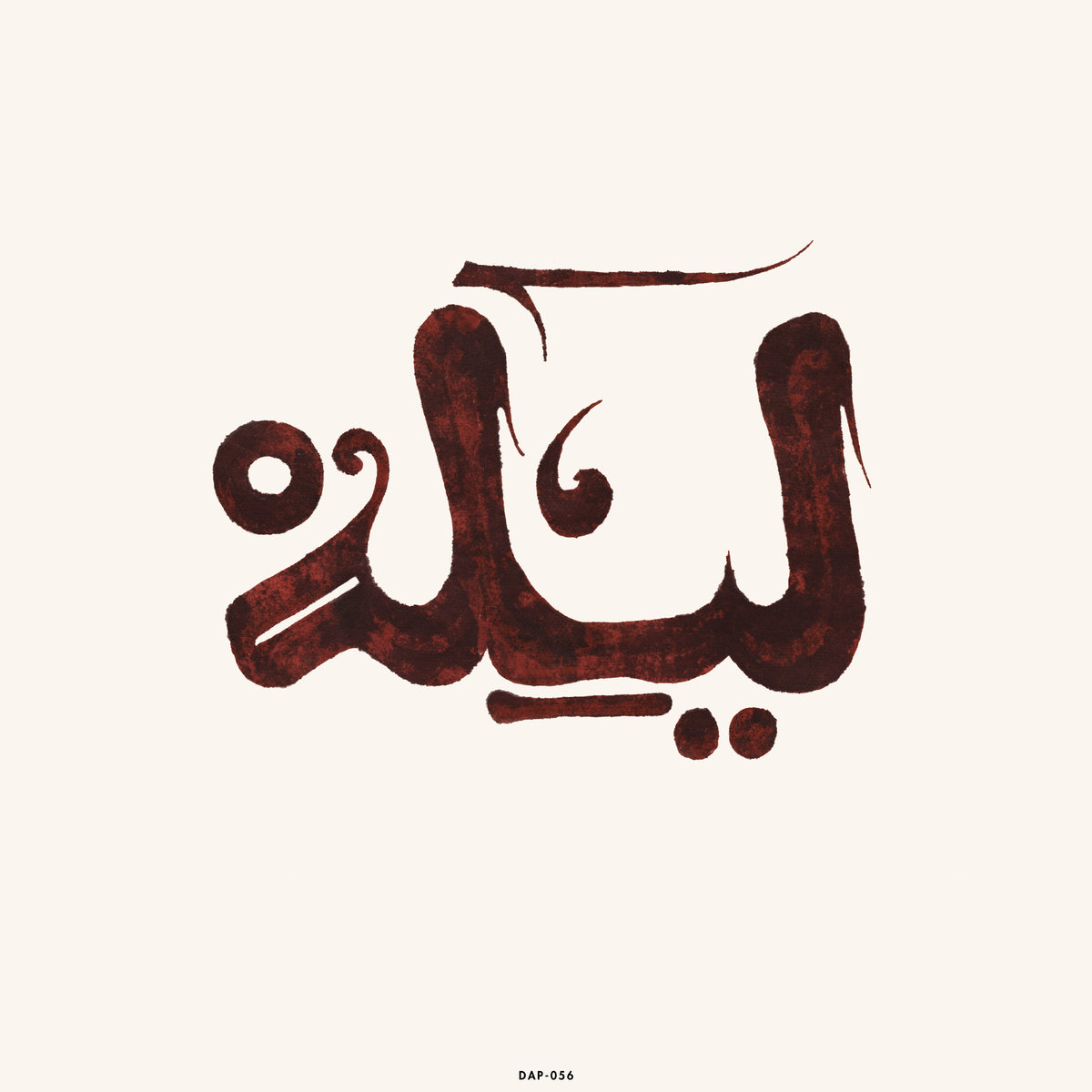The Breakdown
Daptone, the home of soul and funk, is one of those labels whose judgement you can trust- when they’re onto something you just know it’s going to deliver. News of their release of Innov Gnawa’s debut album ‘LILA’ on April 30th may seem a bit leftfield given that the band are dedicated explorers of the Moroccan spiritual music that their name suggests, but Gnawa, often conveniently tagged the ‘Sufi blues’, is really just deep soul from a different perspective. So in Daptone the group has found a very natural home.
Their leader, master musician Hassan Ben Jaafer has been at the centre of the collective of Gnawa musicians within the Moroccan community in New York since settling in the city in the late nineties. Innov Gnawa developed as an ensemble from those early relationships steadily building their reputation within and beyond the New York world music scene. Their live reach has shifted from the club circuit to sets at Coachella and you may recognise their name as collaborators with Bonobo on the sweeping ‘Bambro Koyo Ganda’ from his ‘Migration’ album. So a debut release from Innov Gnawa feels like well overdue recognition of their significance.
Thankfully releasing a record hasn’t tempted Ben Jaafer or producer, Daptone co-chief, Gabe Roth, to tamper with the authenticity of the group’s music. There is no attempt at fusion here, just a devotion to capturing the mesmeric emotional force of Gnawa sounds in full flow. With the album’s reference point being the dusk to dawn Sufi ‘Lila’ ceremonies, the group were recorded in one non-stop, five hour session to replicate the enduring swirl of song and rhythm. As a result ‘LILA’ presents as a series of six lengthy visitations to the event, each time drawing you deeper into its hypnotic intensity.
Throughout the recording Innov Gnawa deliver the key elements of their tradition with an impassioned brilliance. Leader Ma’alem Hassan Ben Jaafer’s virtuoso guembri bass lines lay down the template and steer the course of the unfolding cycle of sound. Percussive locomotion is delivered by defining drive of the ensemble’s qraqeb players, the insistent galloping staccato of their metal castanets symbolising the shackled movement of West African slaves whose stories are the roots of Gnawa. Above this foundation Ben Jaafer’s charismatic, beseeching vocal urges responding chants from the ensemble, sometimes for emphasis and sometimes in conversation. Yes repetition is necessarily an important part of the record’s impact, but as you get deeper into ‘LILA’ the subtleties of the shifting rhythms, and the uplift of the voices gently filter through. This is very much music for uninterrupted listening.
Consequently it seems almost redundant to isolate any of the ‘tracks’ in a formulaic attempt to review Innov Gnawa’s record but that doesn’t mean it’s devoid of highlights. On first listen amongst the head spinning complexity of the tightly woven energy I scribbled notes on: the dramatic guembri that booms and shakes the introduction to ‘Chorfa’; the gathering tempo shifts of the qraqeb rhythms that almost reach breaking point during ‘El Kouhel’; those precise moments when the ensemble intuitively and abruptly make the perfect stop; the fevered call and response chants that peak just short of shouting; and Hassam Ben Jaafer’s pleading, melodic solo vocal that almost cracks with emotion on the final song ‘ Mamdouchia’.
But these high points are likely to change every time you engage with ‘LILA’. It’s immersive, an experience that you can’t quite identify, that hypnotises and gets you lost somewhere, in the same ball-park as classic Alice Coltrane, Nusrat Fateh Ali Khan or more recently Ustad Saami . Yes Innov Gnawa’s LILA could be approaching such higher ground …it’s music with an elusive quality that can’t be forgotten.














No Comment